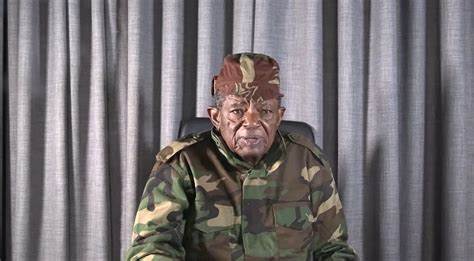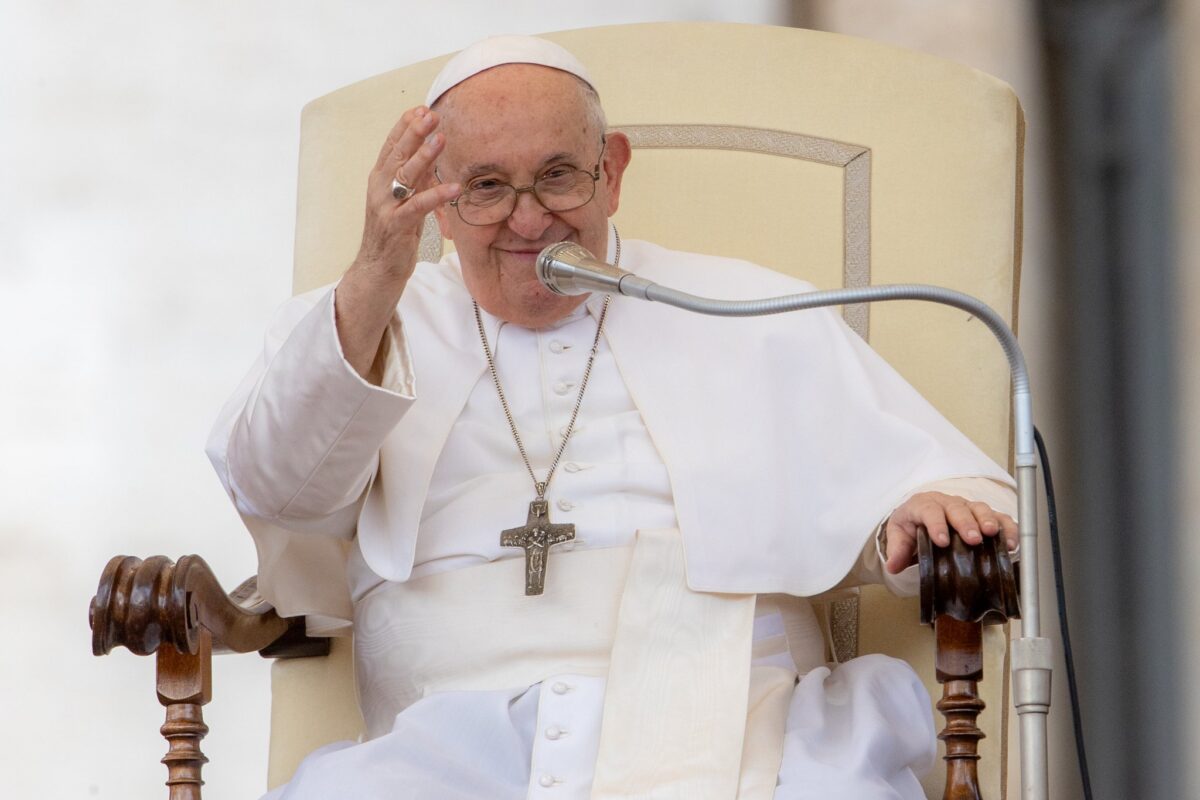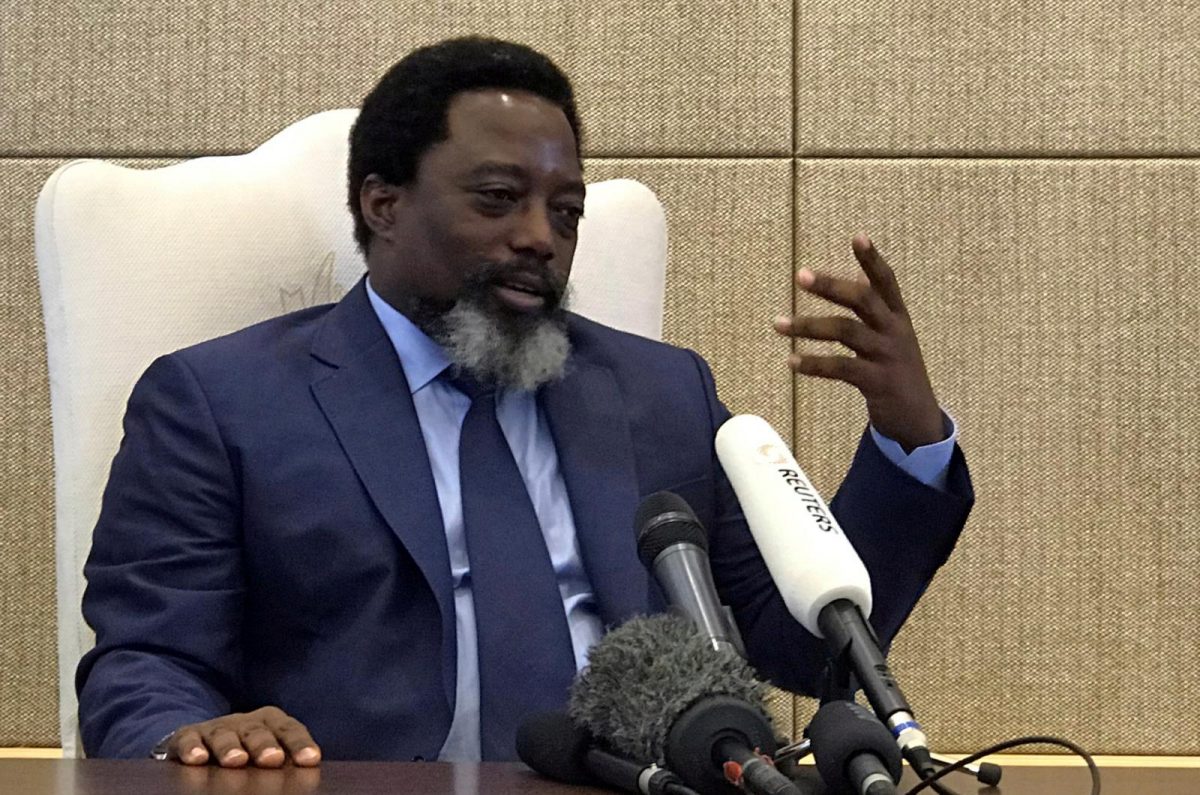KADOMA – In life, few knew him. Yet in death, 33-year old Ndumiso Ngwenya became the talk of the town – a leper who had spent his days under strict lock and key, one of Zimbabwe’s hidden disabled.
Neither officials nor disability rights activists can guess how many others are imprisoned in a country with few reliable statistics about even the prevalence of disability.
But they say thousands of people with a host of disabilities are locked away in Zimbabwe, both in homes and institutions, due to widespread fears they bring bad luck or practise witchcraft.
“People just rarely talk about it, but yes, disabled people here are kept shut out from the public and it’s a cause for concern,” said Solomon Chiwunguruke, a 55-year old teacher who works in a school about three hours from the capital Harare.
“I have taught here for decades and I have known quite a number of disabled people, and even young disabled school pupils, who have been shut away from the public or withdrawn from school,” added Chiwunguruke in his village of Mzilawembi in the country’s Mashonaland West Province.
According to the country’s Ministry of Social Welfare, Mashonaland West is home to one in five of Zimbabwe’s overall disabled population – the highest density in the land.
Zimbabwe has a population of more than 15,000 people living with disabilities, according to the National Association of Societies for the Care of the Handicapped, an umbrella body of 70 organizations of and for people with disabilities.
But the true statistics could be much higher.
Based on figures from the United Nations, about a million Zimbabweans live with some form of disability.
Which leaves a lot of people with disabilities either out of sight or unaccounted for in a nation of 16 million people.
Disease, accidents, poverty and hereditary conditions are the causes; the fallout can be prejudice and abuse.
“Yes – on paper – people with disabilities have rights like any other person,” Masimba Kuchera, a disability rights advocate working with the Centre for Disability and Development, told the Thomson Reuters Foundation.
But in a country beset by crises – the U.N. says 63% of Zimbabweans live in poverty – the disabled are a low priority.
Any sympathy is often outweighed by superstition.
“Disability is regarded as a punishment from God, and people don’t want to make it public and therefore lock up their disabled relatives,” said 42-year-old Muchanyara Magunje, a mother of three, who lives in Mayamba village in Mashonaland West Province’s Hurungwe district.
Take Ndumiso, a typical victim of superstition who spent 23 years in a back bedroom due to fears he might bring bad luck.
According to his brother Aleck, 39, the family had no choice but to keep Ndumiso secret and did it “for his own good”.
“We have to be on our feet – out – in search of money, but Ndumiso couldn’t do that because he was disabled, both hands and feet,” Aleck, a gold miner, told the Thomson Reuters Foundation.
“He couldn’t do anything on his own and therefore, as family, we had to keep him in the house, feeding him,” he added.
“People in the neighborhood…associated our family with witchcraft and all sorts of rituals and … pinned Ndumiso’s physical impairment on the so-called witchcraft in our family.”
According to a 2013 national survey, about 7% of people in Zimbabwe have some sort of disability. Rights advocates say many are excluded from school, work, relationships and daily life.
“Traditionalists associate disability with witchcraft and the mother of the disabled is the one usually blamed. Some families associate disability with bad luck and are therefore ashamed to parade that person,” said rights advocate Kuchera.
On top of shame, families must carry the cost of looking after a disabled relative, he said, when poverty is already rampant, inflation is mounting and basics are hard to find.
“Beliefs in witchcraft are rife in remote areas here because commonly that’s how many people were socialized,” said sociologist Jimson Murambwi. “When physical abnormalities befall them, they blame these on witchcraft.”
Even near-neighbors did not know Ndumiso existed until February of this year, when he died after a bout of diarrhea.
At that point, his imprisonment became the talk of the town.
“I personally didn’t know about Ndumiso until on the day he died when people started saying all sorts of things about his family practicing witchcraft,” 21-year-old neighbor Nyson Homba told the Thomson Reuters Foundation.
Now the regional boss in charge of disability matters wants to banish such myths and haul attitudes into the modern age.
“Generally, disability is associated with suspected witchcraft. This has seen some of the disabled being shut out. It’s a traditional myth,” said Jonathan Bozho, Mashonaland West provincial chairman for people with disabilities.
“We are conducting outreach programs to help demystify issues around disability, teaching people in communities that anyone, in this life or at birth, may have disability and there is no magic involved,” he told the Thomson Reuters Foundation.
But changing minds is hard, when locals are set on spells.
“Unappeased ancestral spirits in families often cast spells on family members, causing the birthing of physically impaired children, which is the norm in various families in Zimbabwe,”
said Darikai Nyamhute, a traditional healer.
Poverty also feeds prejudice, rights activists say, citing decades of economic mismanagement and corruption.
“Government here has failed to manage the economy and therefore can never be able to care for disabled persons,” said Elvis Mugari of Occupy Africa Unity Square, a civil society organization that lobbies for democratic reforms.
Human rights activists also worry about the numbers of disabled people locked in institutions, especially in remote areas such as Hurungwe in Mashonaland West Province.
“If people like us keep quiet about people enduring physical disabilities in this province, really nobody else would dare come out talking about their plight,” Pritchard Honde, a human rights activist, told the Thomson Reuters Foundation.
“The disabled are treated as non-entities here.” – Thomson Reuters Foundation
















